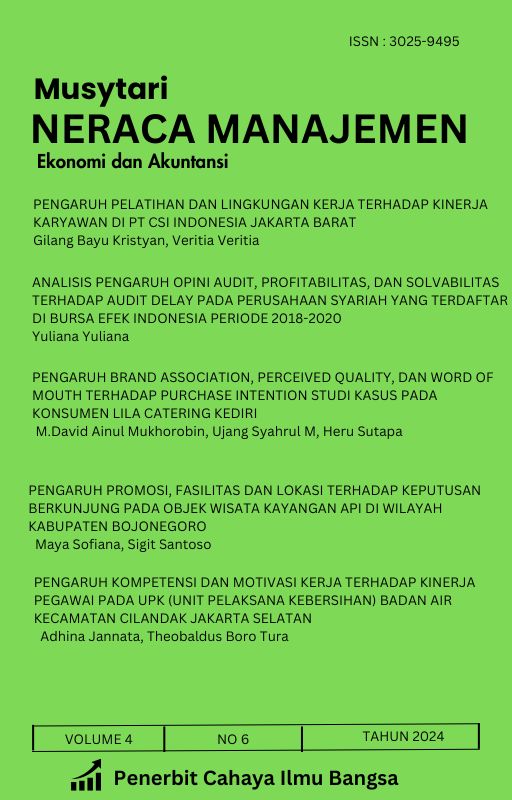LAPORAN STUDI KOMPARATIF SISTEM INFORMASI MANAJEMEN PADA BANK SYARIAH DAN KONVESIONAL DI KABUPATEN SINJAI
Published 2025-06-02
Keywords
- Management Information System,
- Islamic Bank,
- Conventional Bank,
- Sinjai Regency,
- Comparative Study
How to Cite
Abstract
This study aims to compare the implementation of Management Information Systems (MIS) in Islamic and conventional banks in Sinjai Regency. The primary focus is to analyze their effectiveness, efficiency, data security, and support for decision-making processes. The research adopts a qualitative comparative approach, utilizing field observations, interviews with IT managers, operational staff, and customer service managers, as well as document reviews including annual reports and IT system manuals. The analysis involves three banks: BRI, BNI, and BSI. The results indicate substantial differences in the fundamental principles of the systems, technological features, and service orientations. Islamic banks adapt their databases to Sharia principles such as contracts and halal transactions, while conventional banks use a product portfolio approach. Despite similarities in using modern hardware and software, Islamic banking systems emphasize compliance and Sharia validation, whereas conventional systems prioritize transaction speed and business optimization. This study highlights the need for Islamic banks to innovate technologically while encouraging conventional banks to integrate ethical and social values in system development.
References
- Hasan, A. (2019). Sistem informasi manajemen keuangan syariah. Kencana.
- Miles, M. B., & Huberman, A. M. (2014). Qualitative data analysis: A methods sourcebook (3rd ed.). SAGE Publications.
- Newell, A., & Simon, H. A. (1972). Human problem solving. Prentice-Hall.
- Rahmat, M. (2021). Pengaruh teknologi informasi terhadap efisiensi bank. Jurnal Ekonomi Islam, 7(2), 143–157.
- Skemp, R. R. (1987). The psychology of learning mathematics. Lawrence Erlbaum Associates.

